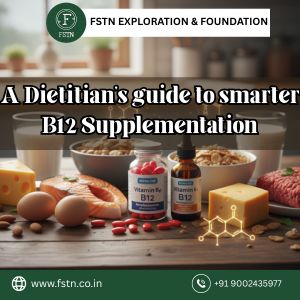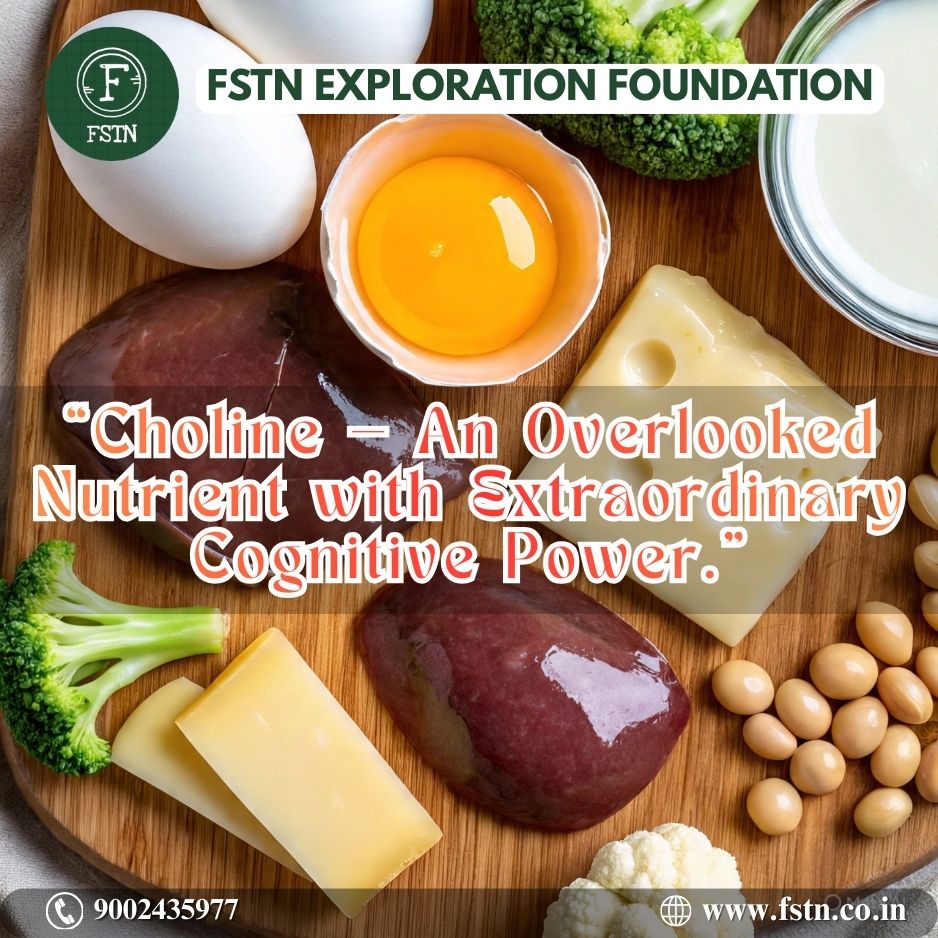World IVF Day is observed every year on July 25th to celebrate the birth of the World’s First IVF baby, Louise Brown, in 1978. In India, this scientific milestone was marked with the birth of Our Country’s First IVF baby, Durga, on October 3, 1978, in Kolkata, just months after Louise. Durga’s birth, under the efforts of Dr. Subhas Mukherjee, was a pioneering moment in India’s reproductive science history.
World IVF Day not only commemorates this innovation but also aims to spread awareness about infertility, break stigmas and highlight the important lifestyle factors—especially nutrition, physical activity, and mental well-being—that play a crucial role in IVF success.
Nutritional Role in IVF (In-Vitro Fertilization):
IVF is a multifaceted, hormone-mediated reproductive procedure, and nutrition plays a vital role in every step—egg retrieval, fertilization, embryo transfer, and implantation.
1. Enhanced Oocyte Quality: Vitamin C, E, Beta-carotene containing Antioxidant-rich diets shield eggs against oxidative stress.
2. Endometrial Receptivity: Nutrients such as vitamin D, omega-3s, and L-arginine enhance uterine lining quality, increasing embryo implantation.
3. Hormonal Regulation: Healthy fats and B-vitamins regulate estrogen, progesterone, and insulin levels, which are critical during stimulation cycles.
4. Men's Sperm Health: Zinc, Coenzyme Q10, and selenium enhance sperm quality, mobility, and shape.
5. Reduced Inflammation: Anti-inflammatory diets suppress reproductive inflammation, which is necessary for successful embryo implantation.
Foods & Habits to Avoid During IVF:
During IVF treatment, it’s essential not only to eat right but also to avoid certain foods and lifestyle habits that can negatively impact fertility with hormonal balance, egg and sperm quality, and implantation success.
1. Nicotine and Smoking: Reduces ovarian reserve, damages sperm DNA, and lowers IVF implantation rates.
2. Excessive Caffeine: More than 1–2 cups/day may reduce implantation, reduce blood flow to the uterus and increase miscarriage risk.
4. Sweetened & Refined Foods: Spikes insulin, disrupts ovulation and aggravates PCOS—avoid sugary desserts and commercial beverages. Prefer complex carbs and natural sugars in fruits.
5. Alcohol: Negatively impacts egg quality, sperm health, and increases miscarriage risks. It’s best to completely avoid alcohol during IVF cycles.
6. Ultra-Processed Foods: Loaded with preservatives and additives; causes inflammation and oxidative stress that harm fertility. Replace with fresh, Gut-friendly, home-cooked meals.
3. Trans Fats: Found in fried/processed foods, trans fats worsen insulin resistance, increase inflammation and hormone imbalance, they disrupt ovulatory function in women and reduce sperm concentration in men. Reduce visible oil intake & Opt for healthy fats like nuts and seeds.
Role of Exercise and Yoga in IVF:
1. Moderate Exercise: Regular low- to moderate-intensity physical activity enhances blood flow to reproductive organs, improves insulin sensitivity, reduces stress, and supports hormonal balance.
2. Yoga & Breathing Practices: Yoga promotes relaxation, reduces cortisol (stress hormone), relieves anxiety and fatigue and improves circulation to the pelvic area, promotes uterine health and opens hips.
3. Pranayama (Breathing): Deep breathing techniques like Anulom Vilom and Bhramari help calm the nervous system, improve oxygen supply, and regulate mood.
Raising Awareness:
World IVF Day serves as a reminder that infertility is not a sin but a medical condition—It is curable with timely intervention, science-based approaches, and lifestyle changes. In addition to medical management, pre-IVF counseling for diet has now come to be realized as an imperative step towards enhanced results.
Take Home Message:
Let's take this day to teach, to empathize, and to empower—because the path to parenthood is worthy of science, support, and sensitivity.
Pre-conception nutrition counseling and personalized dietetics are now mainstream aspects of infertility care and IVF treatment. A pro-fertility diet, combined with lifestyle changes, elevates the chances of conception, healthy pregnancy, and improved IVF success.
Nutrition is not secondary support—it's a first-order platform for reproductive success.



